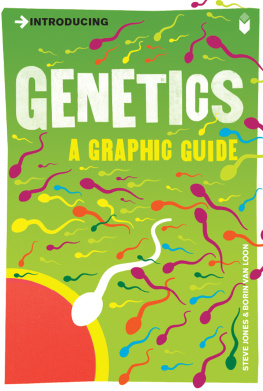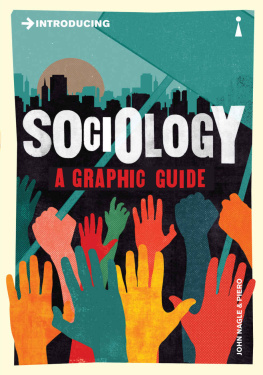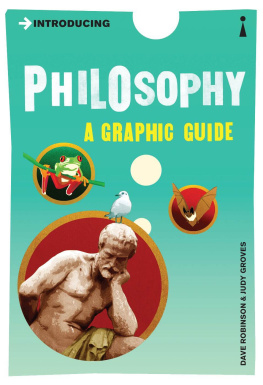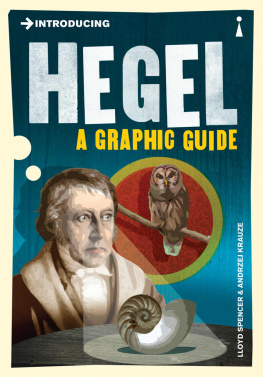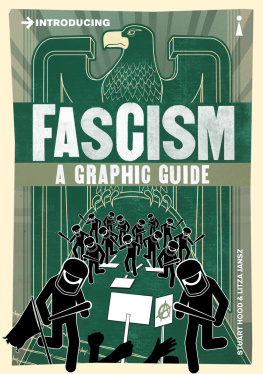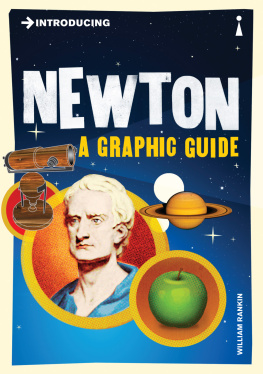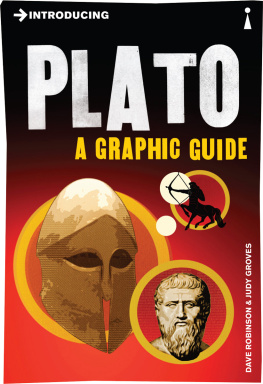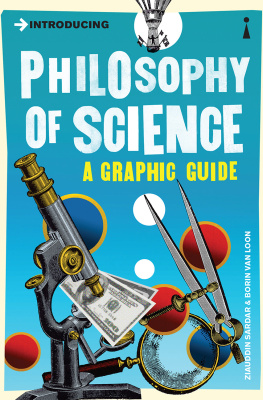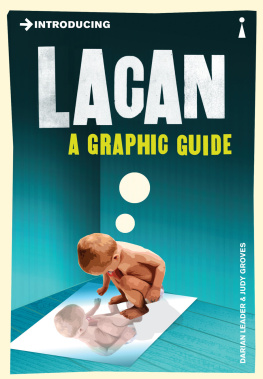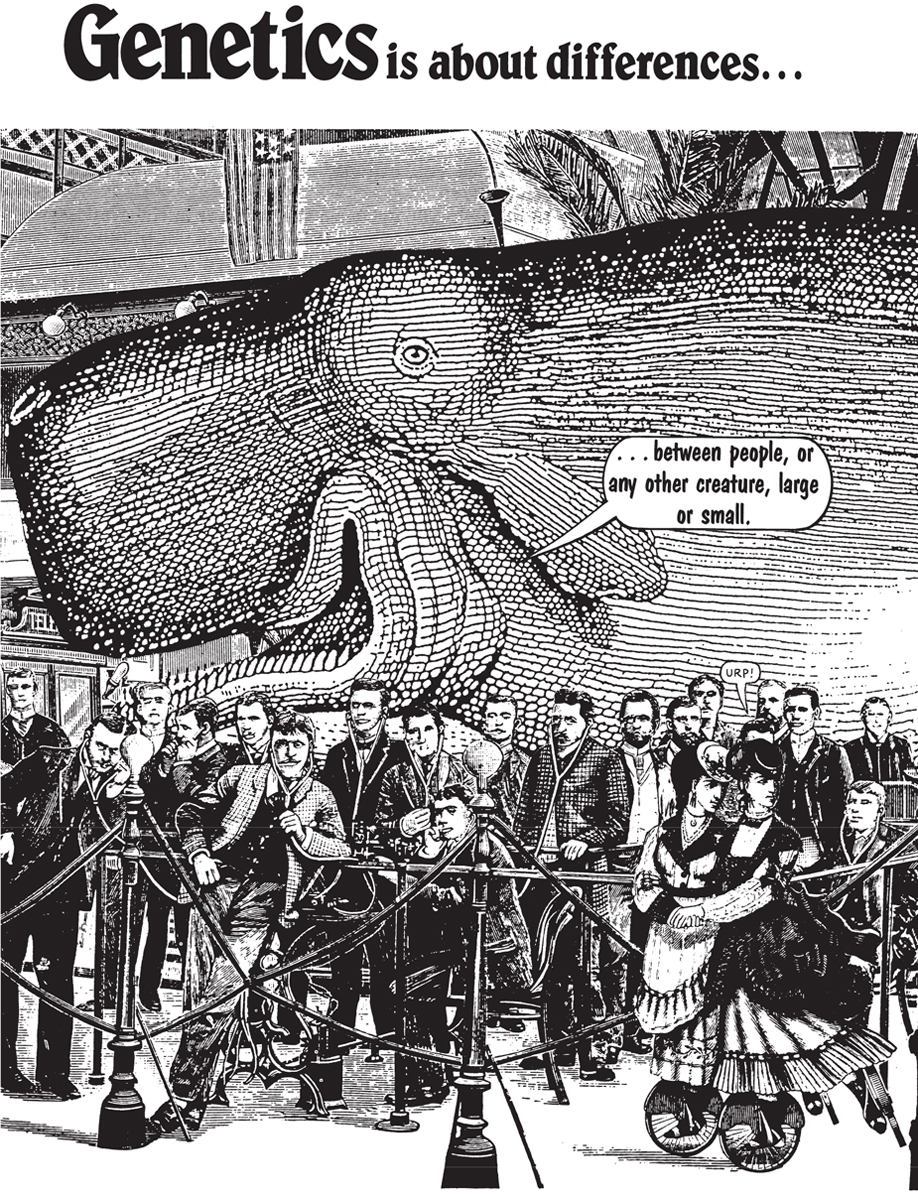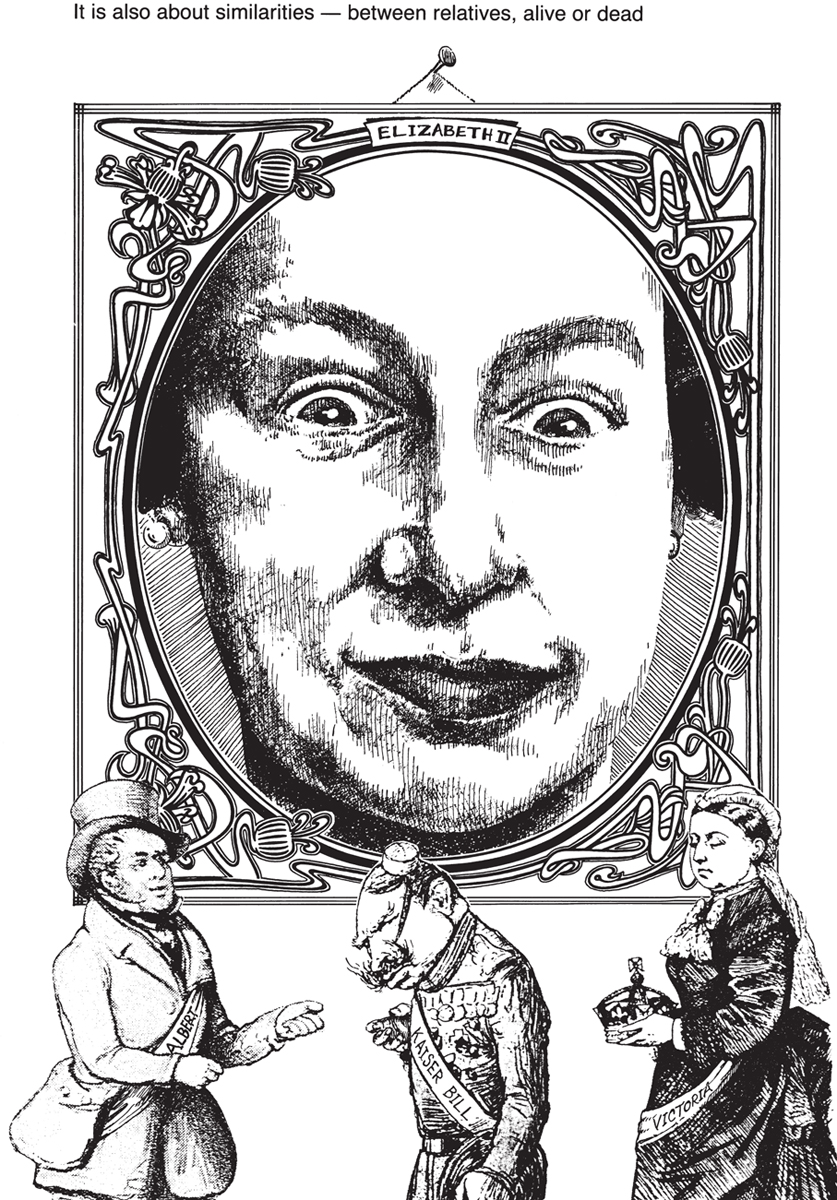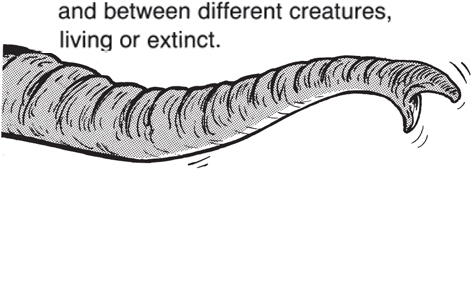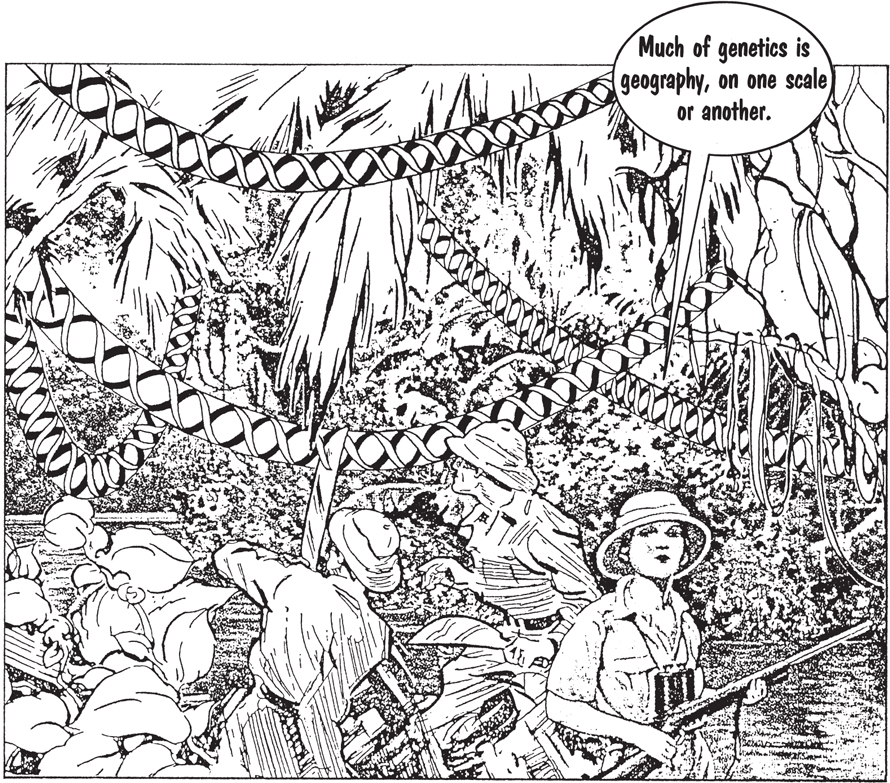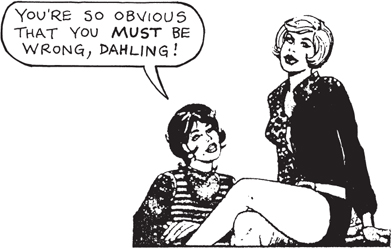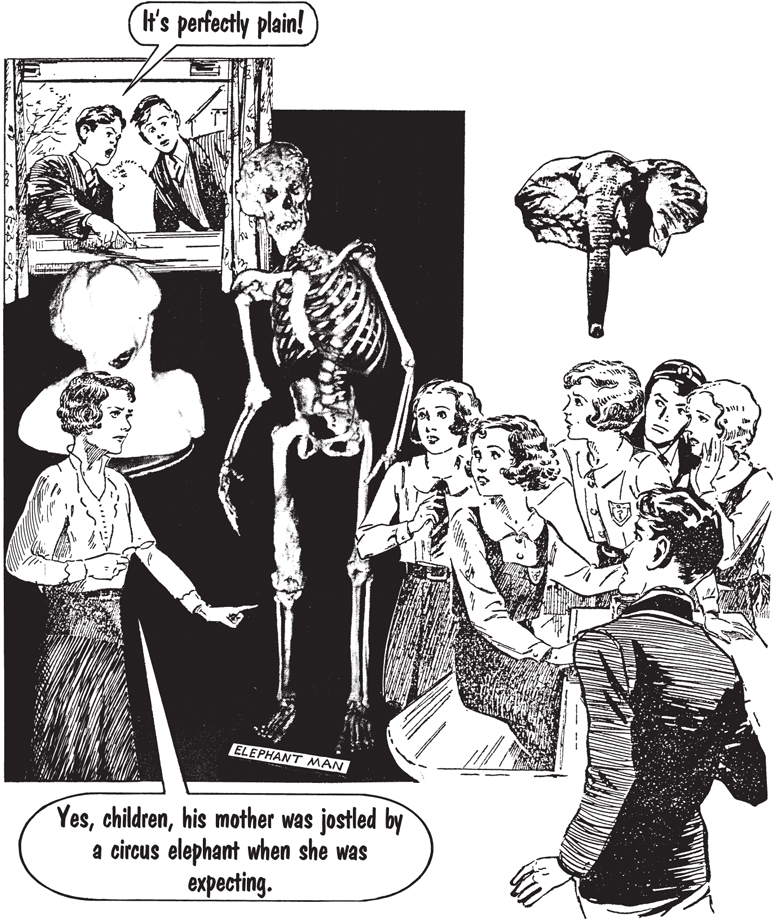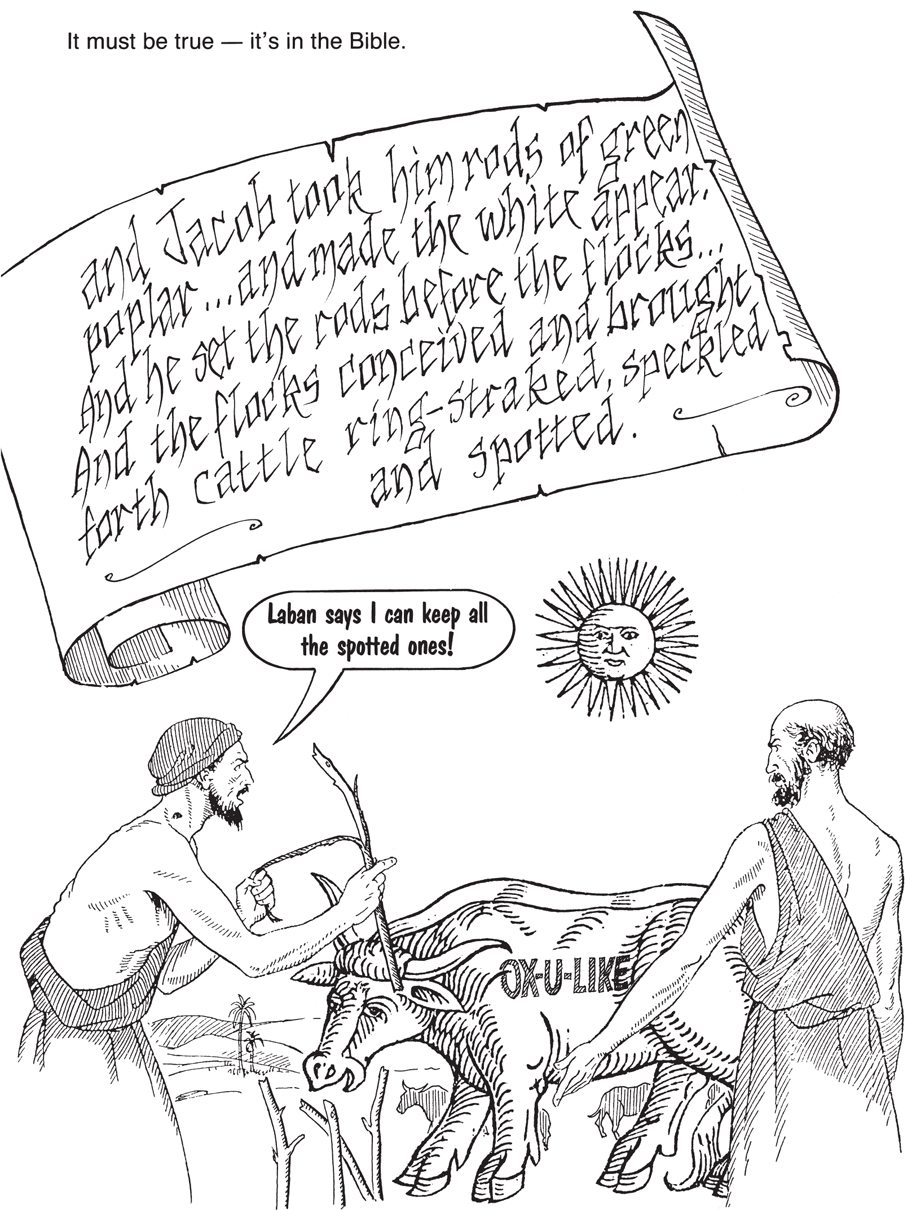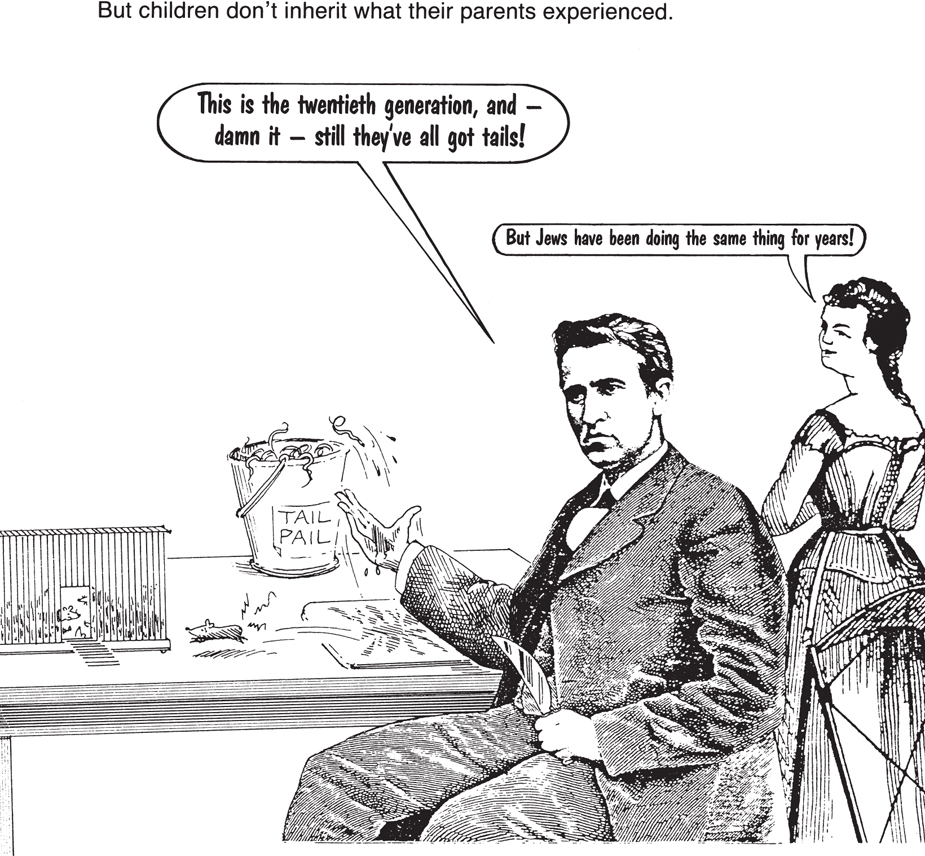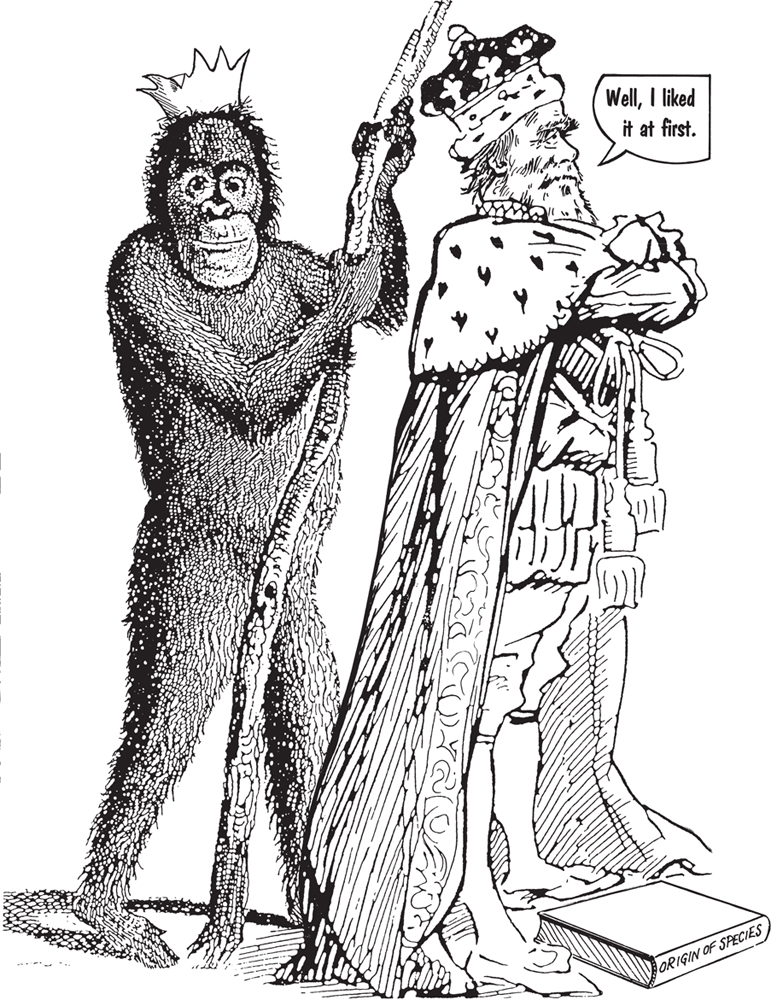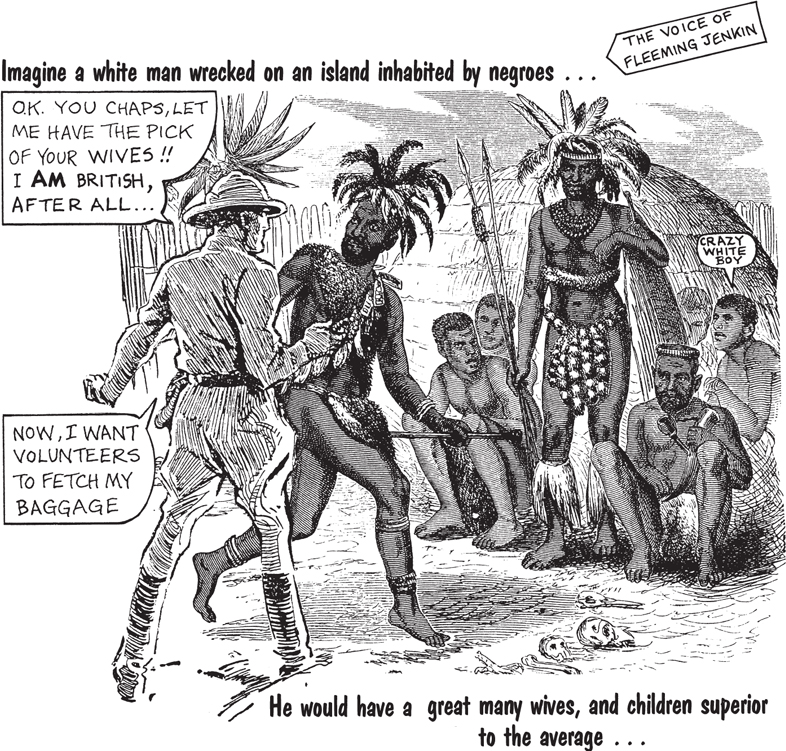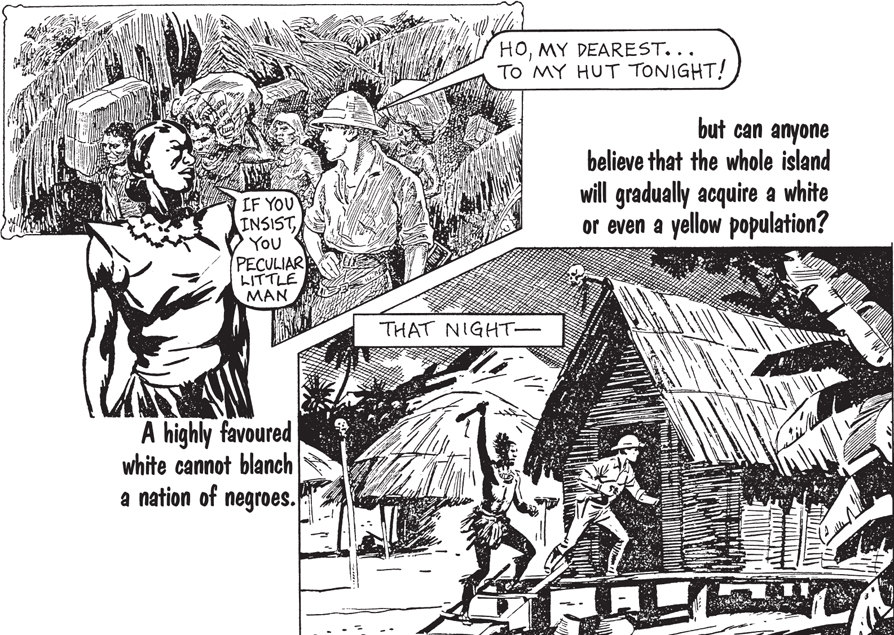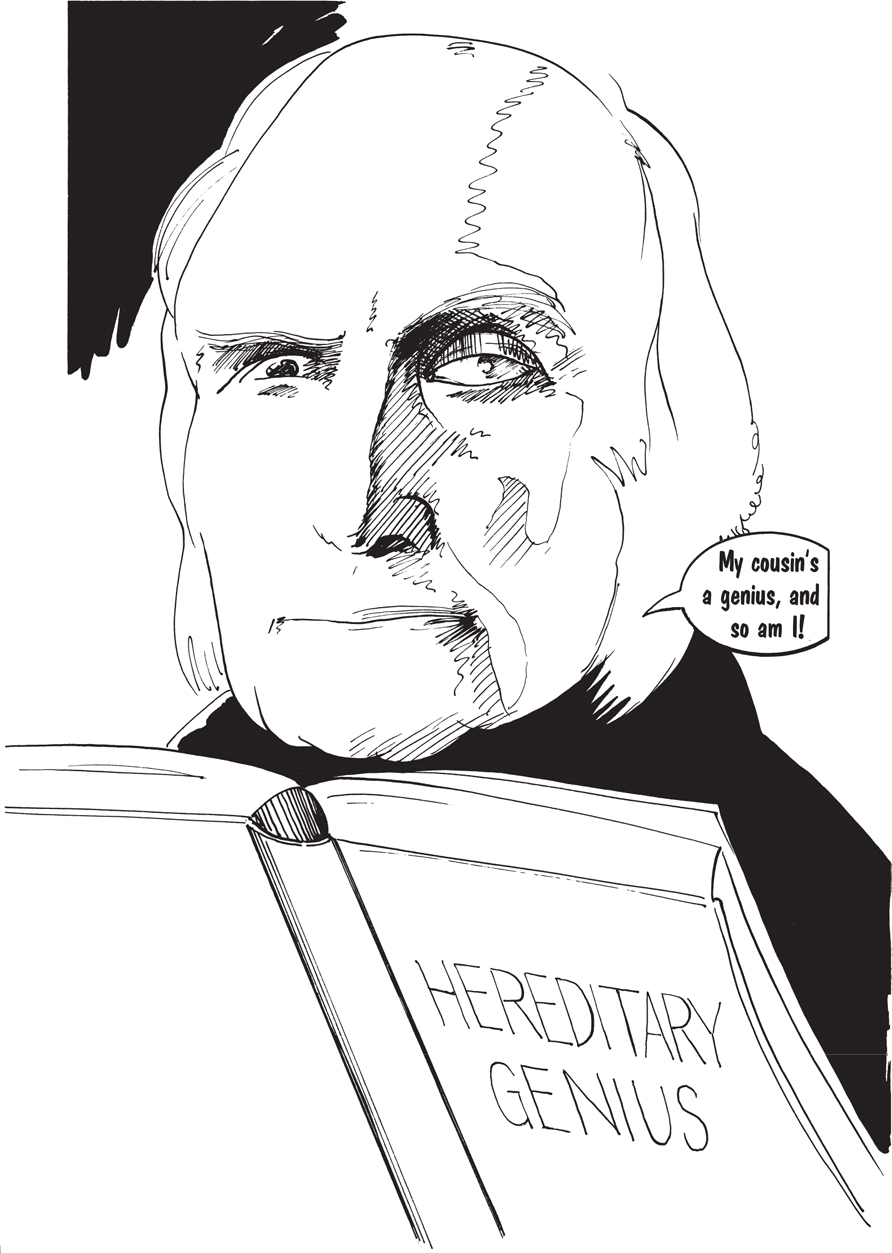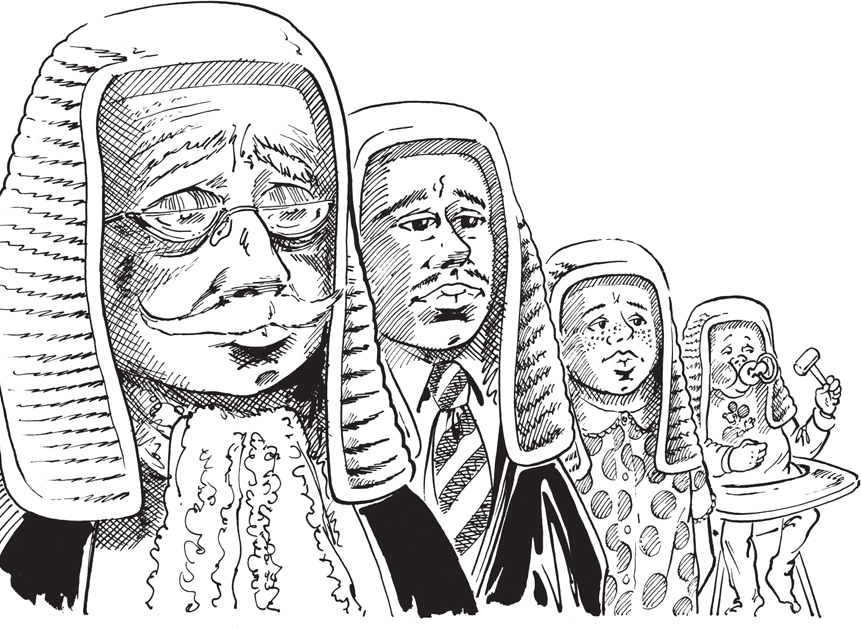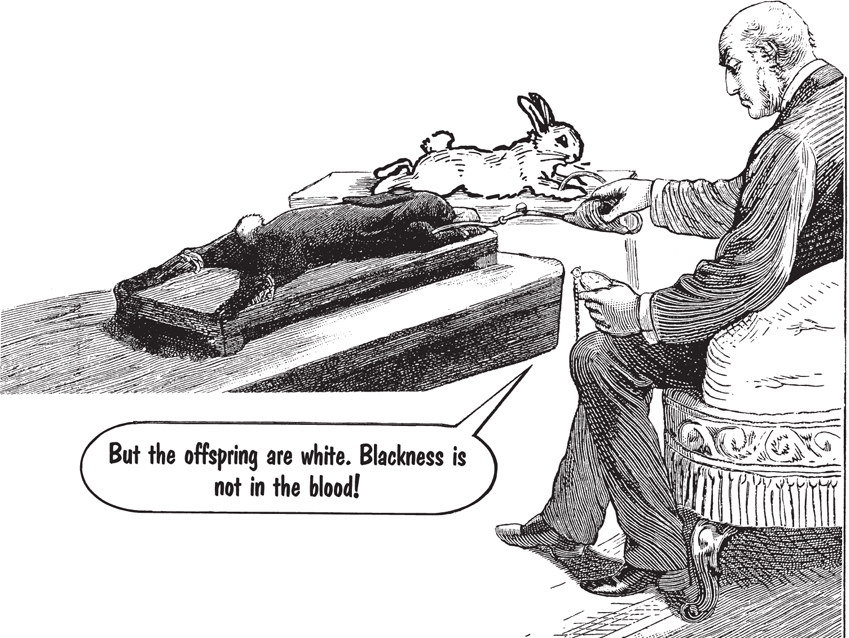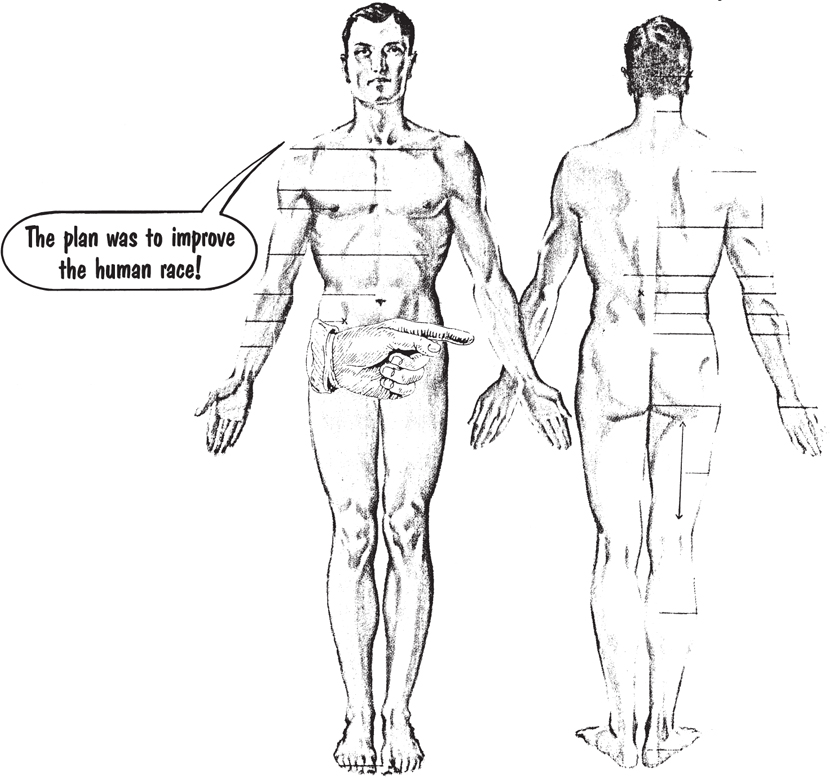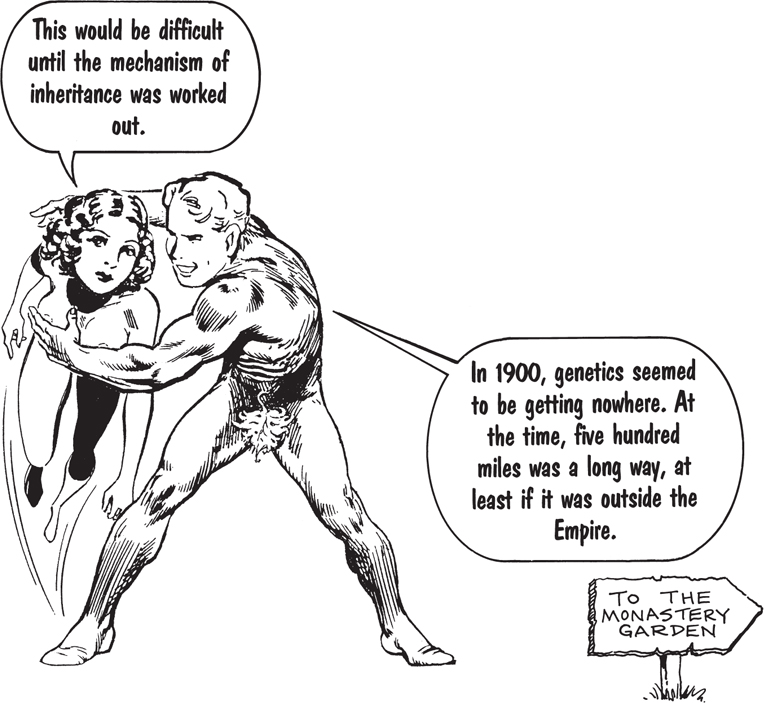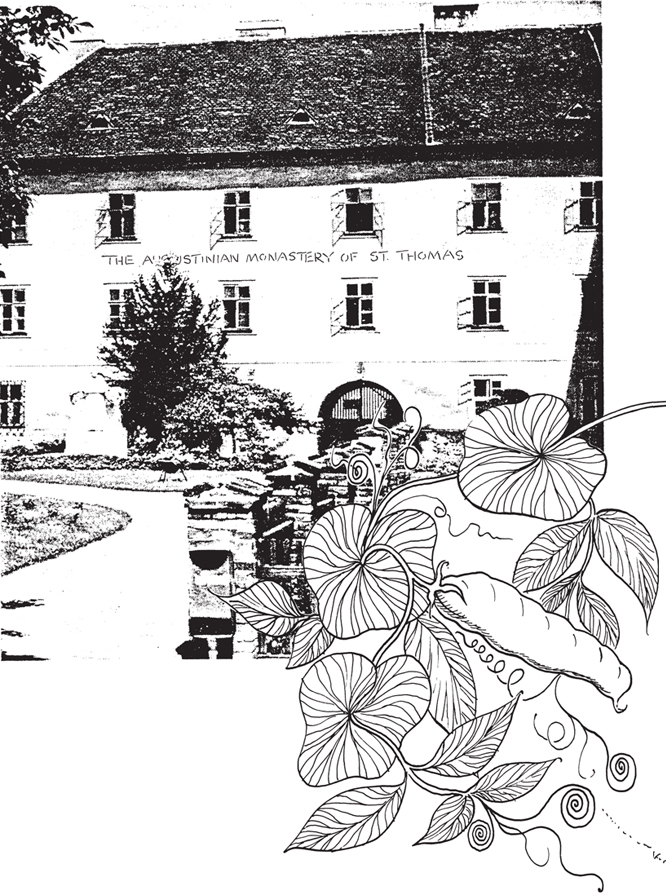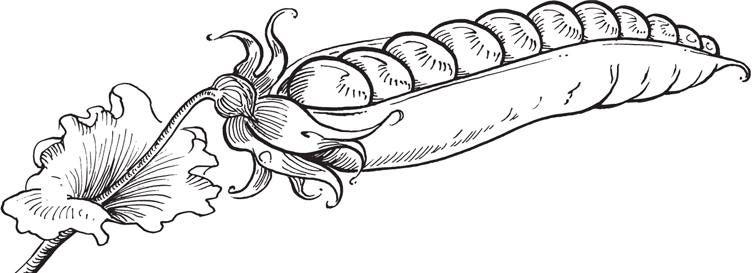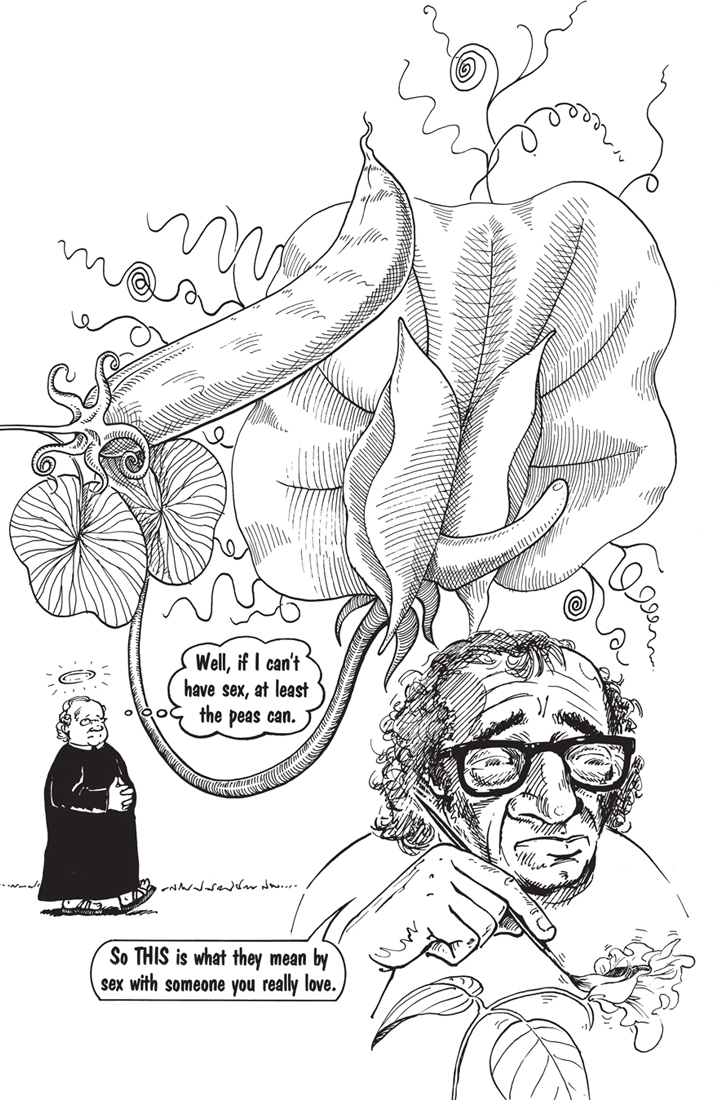Contents
Published by Icon Books Ltd, Omnibus Business Centre, 39-41 North Road, London N7 9DP
email:
www.introducingbooks.com
ISBN: 978-18483-1781-9
Text copyright 1993 Steve Jones
Illustrations copyright 1993 Borin Van Loon
The author and artist have asserted their moral rights.
Originating editor: Richard Appignanesi
No part of this book may be reproduced in any form, or by anymeans, without prior permission in writing from the publisher.
between people, or any other creature, large or small.
Genes are the record of biological history. Maps of how they are arranged say a lot about how humans evolved, how we are related to other creatures and even how life began.
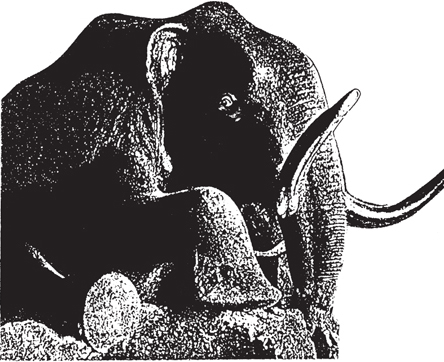
Much of genetics is geography, on one scale or another.
But genetics began long after the world was explored,
and later than any other biological science because, unfortunately, the obvious has usually turned out to be wrong.
Youre so obvious that you must be wrong, dahling!
For a thousand years people believed that relatives look alike because they shared the same environment and that experience changes the way you look.
Its perfectly plain! Yes, children, his mother was jostled by a circus elephant when she was expecting.
Laban says I can keep all the spotted ones!
This is the twentieth generation, and damn it still theyve all got tails! But jews have been doing the same thing for years!
Well, if that doesnt work, perhaps children are the average of what went before. Darwin liked the idea that children were formed by mixing the blood of their parents. After all, his own family was pretty blue-blooded.
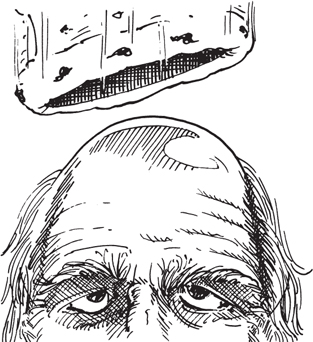
Well, I liked it at first.
Soon he read a nasty little article by Fleeming Jenkin, a Scots engineer. It pointed out a fatal flaw: if inheritance works like this, then any favourable character will be diluted out each generation until it disappears. The theory of evolution would not work! Jenkin had typically racist views
o.k. You chaps, let me have the pick of your wives!! I am british, after all Now, I Want Volunteers to fetch my baggage the voice of fleeming jenkin crazy white boy
Ho, My dearest to my hut tonight! if you insist, you peculiar little man
Soon, Darwins cousin, Francis Galton, got interested. Galton was a strange, unlikeable man.
My cousins a genius, and so am i!
Like most Victorian scientists, he was rich. Unlike his cousin he completed his medical course (although he never practised). During it, he tried every drug in the book in alphabetical order, giving up at the purgative Croton Oil.
Galton travelled in Africa, riding on a bull into a chiefs house to frighten him into submission and measuring his wives buttocks with his naval sextant. He was interested in the inheritance of genius (judges were one example).
They seemed to turn up again and again in the same family. Perhaps genius was passed through the generations. But how? Could it really be mixing of bloods? He tried transfusing blood from a black rabbit into a white one.
But the offspring are white. Blackness is not in the blood!
Galton died, childless, in 1911. He left a fortune to found the Laboratory for National Eugenics at University College London.
The plan was to improve the human race!
This would be difficult until the mechanism of inheritance was worked out. In 1900, genetics seemed to be getting nowhere. At the time, five hundred miles was a long way, at least if it was outside the Empire.
In Brnn, now in the Czech Republic, another failed student Gregor Mendel, who had studied science at university but gave up had become interested in inheritance at about the same time as Galton.
He had more sense than Galton; he studied not humans but peas. They had all kinds of advantages clean, easy to keep, and the divorce rate was low. Whats more, each plant was both male and female, and could fertilize itself.
Well, if I cant have sex, at least the peas can. So THIS is what they mean by sex with someone you really love.

